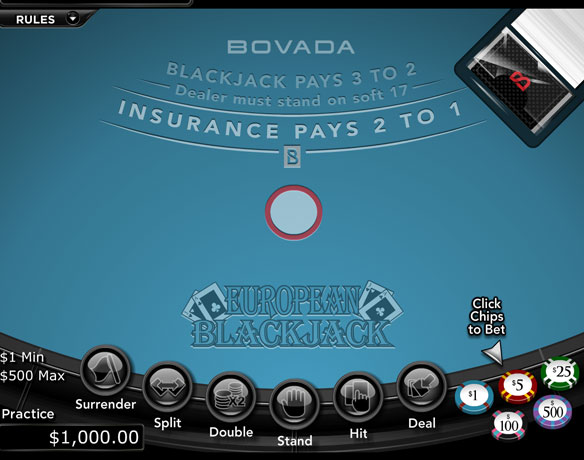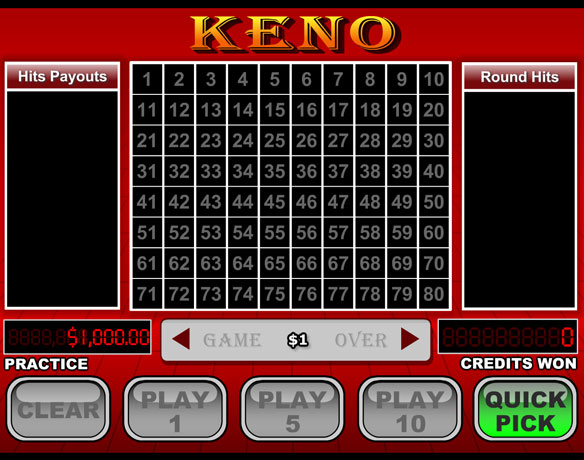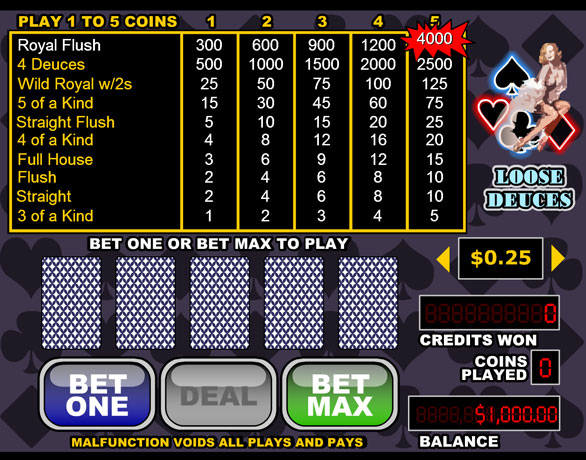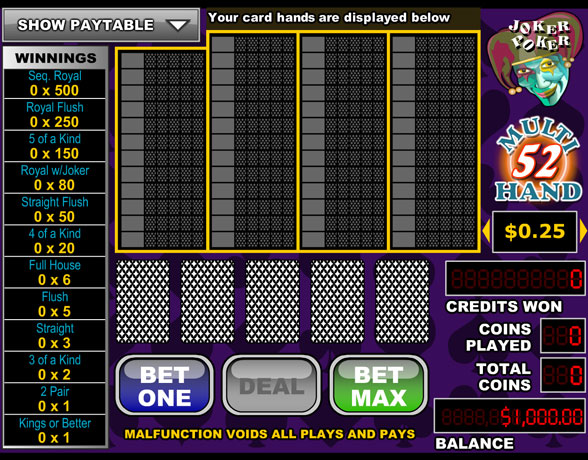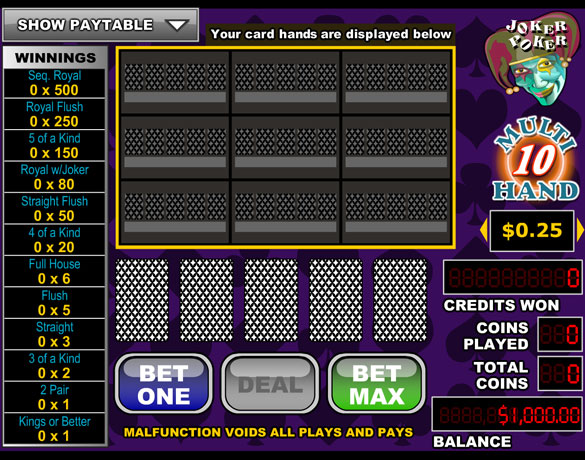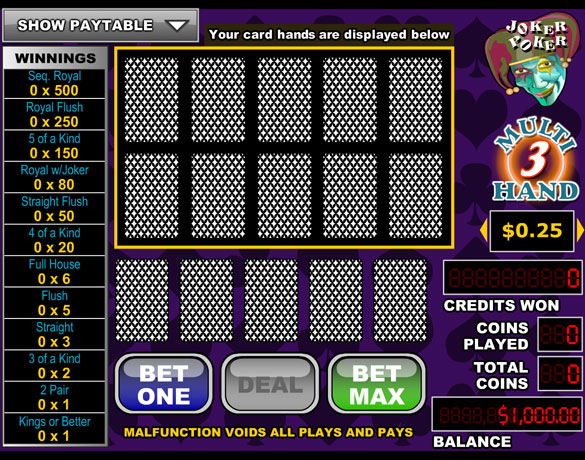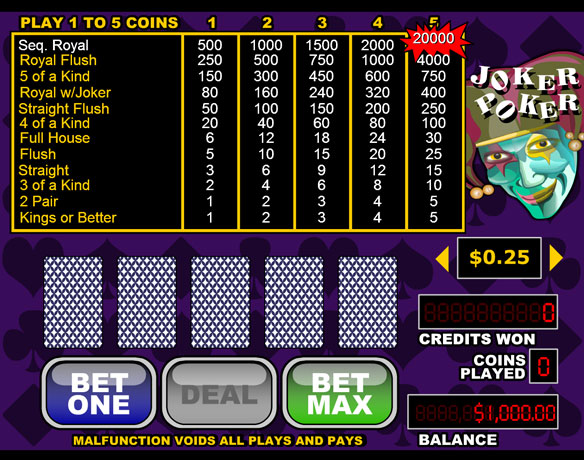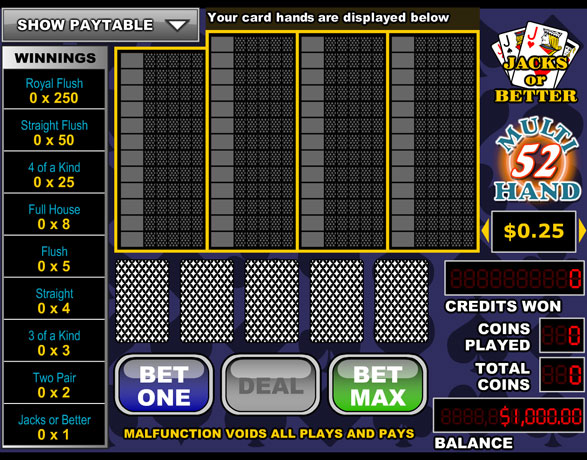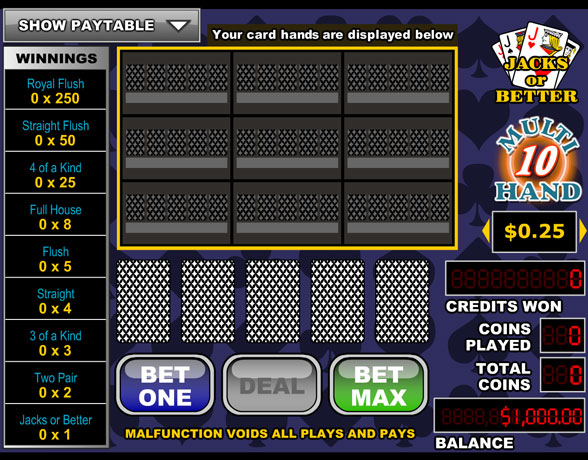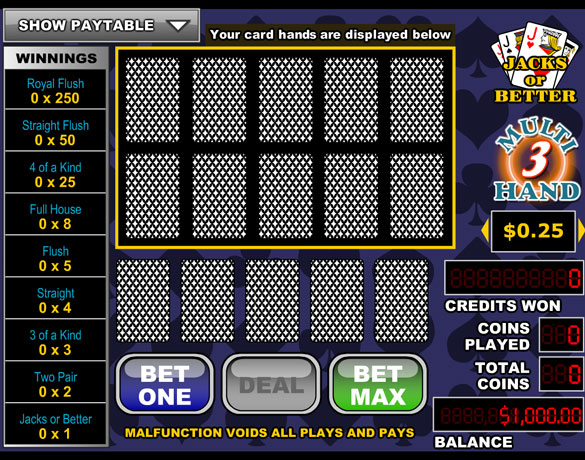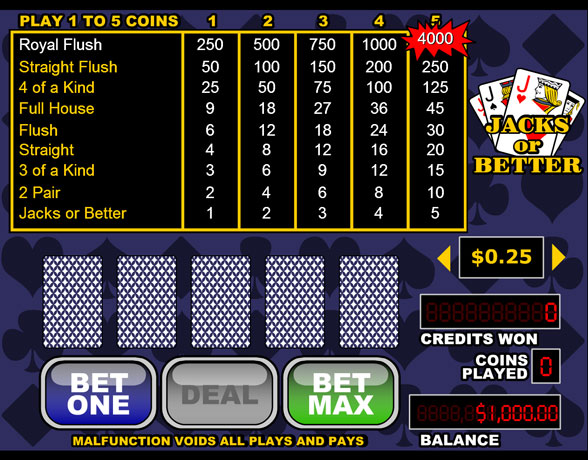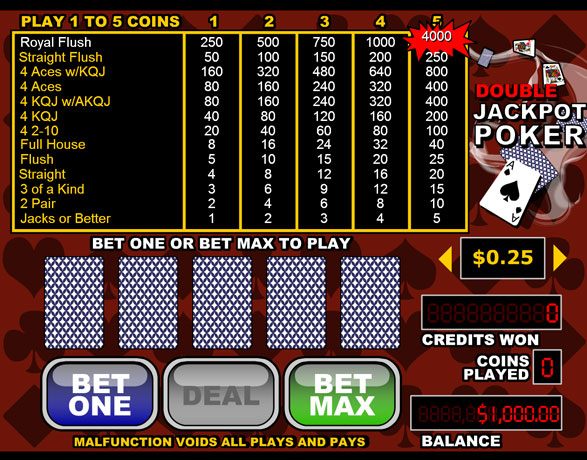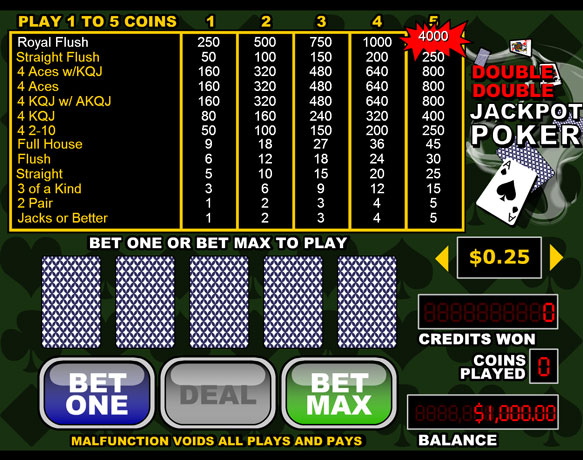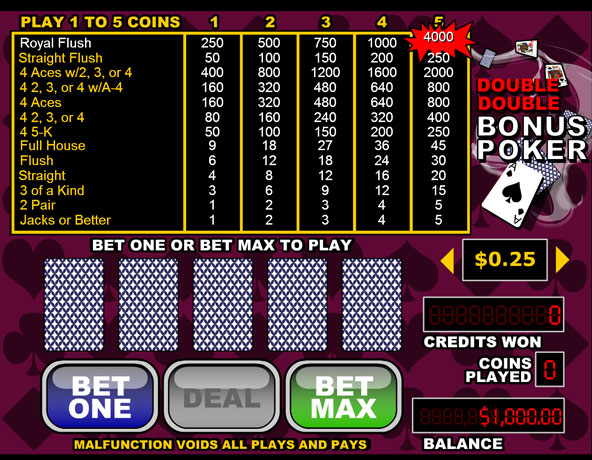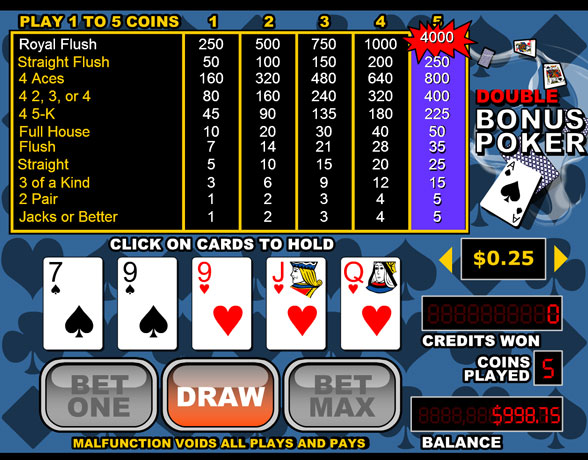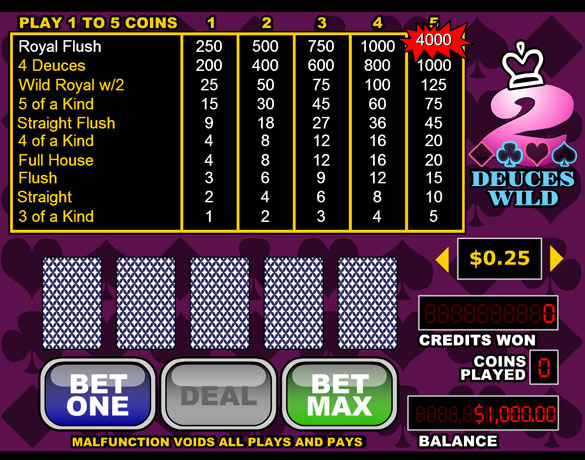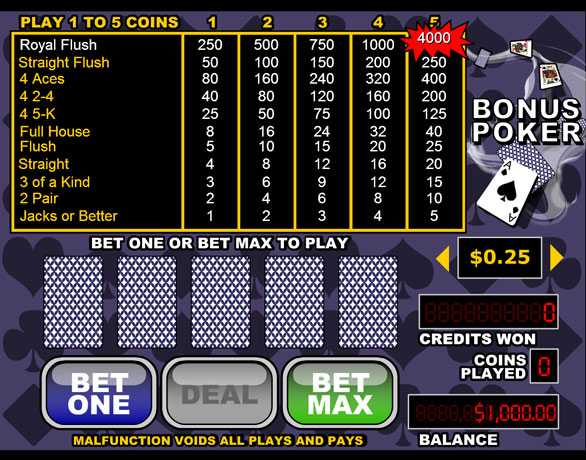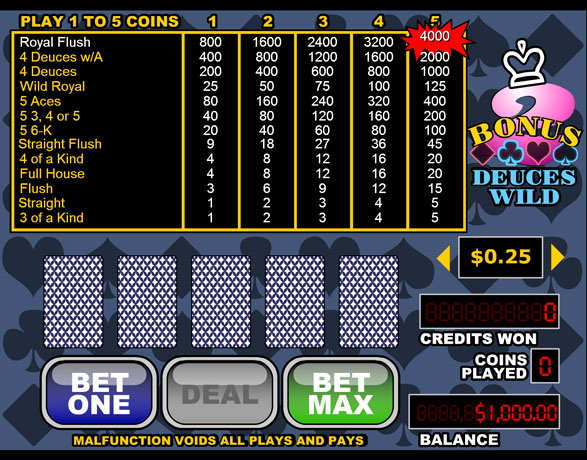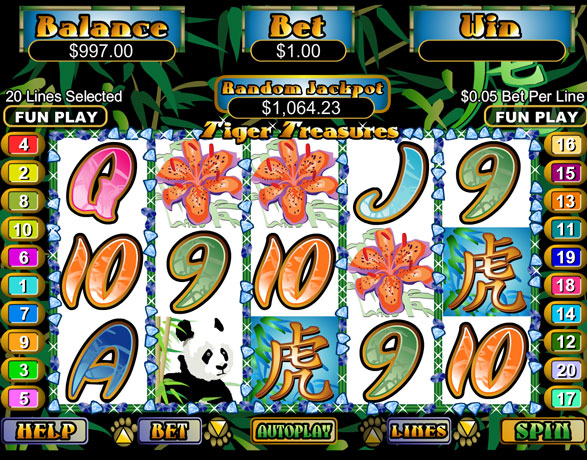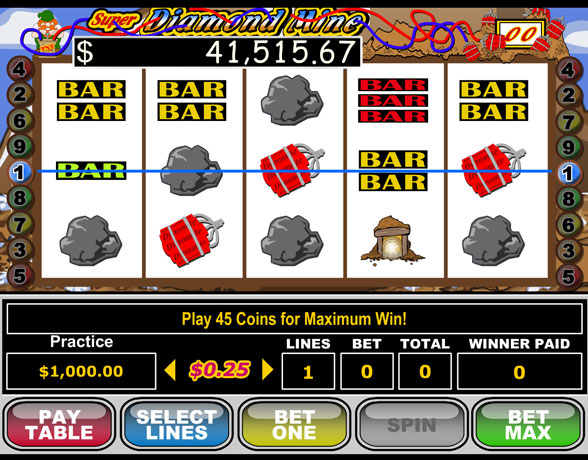At first blush, emotional intelligence would seem to be an oxymoron, like organized chaos or forgettable memory. After all, intelligence is all about the intellect and emotion is all about the gut. But to be a successful poker player, you have to be able to use your intellect to monitor your gut, and make sure that your game is being run by your head, not your heart. Emotional intelligence, then, is your awareness of your awareness. A poker player with high emotional intelligence is able to assess her strengths and weaknesses frankly and honestly, with acceptance, and without freaking out. A poker player without this gift has a technical name: loser. To test your emotional intelligence just now, I’m going to present you with a handful of poker situations and ask you to two questions: Has this ever been you? How did you feel at the time?
There’s no sliding scale to this quiz; no answer sheet; no grades. To pass the test, all you have to do is take it. If these situations don’t apply to you, never have applied to you, why, then, more power to you. But if I’m shining a light on something you’ve been guilty of, I would ask you to note the light and let the guilt glide by. We fix our errors first by accepting them.
Situation one: You’ve been playing online poker for several hours in a multi-table tournament, and things have not been going your way. You took more rebuys than you wanted to, and never built a stack. Utterly unable to gain any sort of traction in the tournament, you ultimately busted out not on a bad beat but a on very bad decision. Now it’s late, and you’re mentally exhausted. You know you’re not on your game, but the sting of defeat still owns you, so you jump into a sit n go tournament or a cash game and proceed to double or triple your losses. Has this ever been you? How did you feel at the time?
Situation two: You’re in a cash game and running well. You’ve been getting hit by the deck and enjoying a major rush. You’re enjoying that rush in every sense of the word — not just financially but emotionally. You feel high, like you’re invincible, a veritable lord of poker. Not only do you want the feeling to last forever, you’re convinced it can. Like a golfer who has finally found the sweet spot in your swing, you believe that you have poker “solved.” So you push every small edge — or sometimes not even any edge at all — and end up giving back most of what you won. Has this ever been you? How did you feel at the time?
Situation three: You’re playing against a foe you know to be inferior. He makes manifestly bad decisions, and you can’t see any reason why you’re not taking all his money. Yet, you’re not. For some reason — probably the horseshoe stuck up his ass — he keeps sucking out on you and winning pot after pot. The more you play against him, the angrier you get, until your primary motivation for playing at all is just to make that bastard pay. Has this ever been you? How did you feel at the time?
Look, we all know that these are extreme circumstances. I’m not saying that you’re a slave to your feelings or to compulsion or to your own atavistic urges. But I am saying that you might be, and from time to time you will be. If you want to have a long, successful career in poker, or even make it hobby that pays for itself, it’s not enough to learn how to bet with the best of it or to get away from a hand when you know you’re beaten. Success in poker absolutely requires that you acknowledge and address your whole underlying emotional landscape. Only when you’re truly honest with yourself about what you feel and why you feel it can you hope to master the game.

